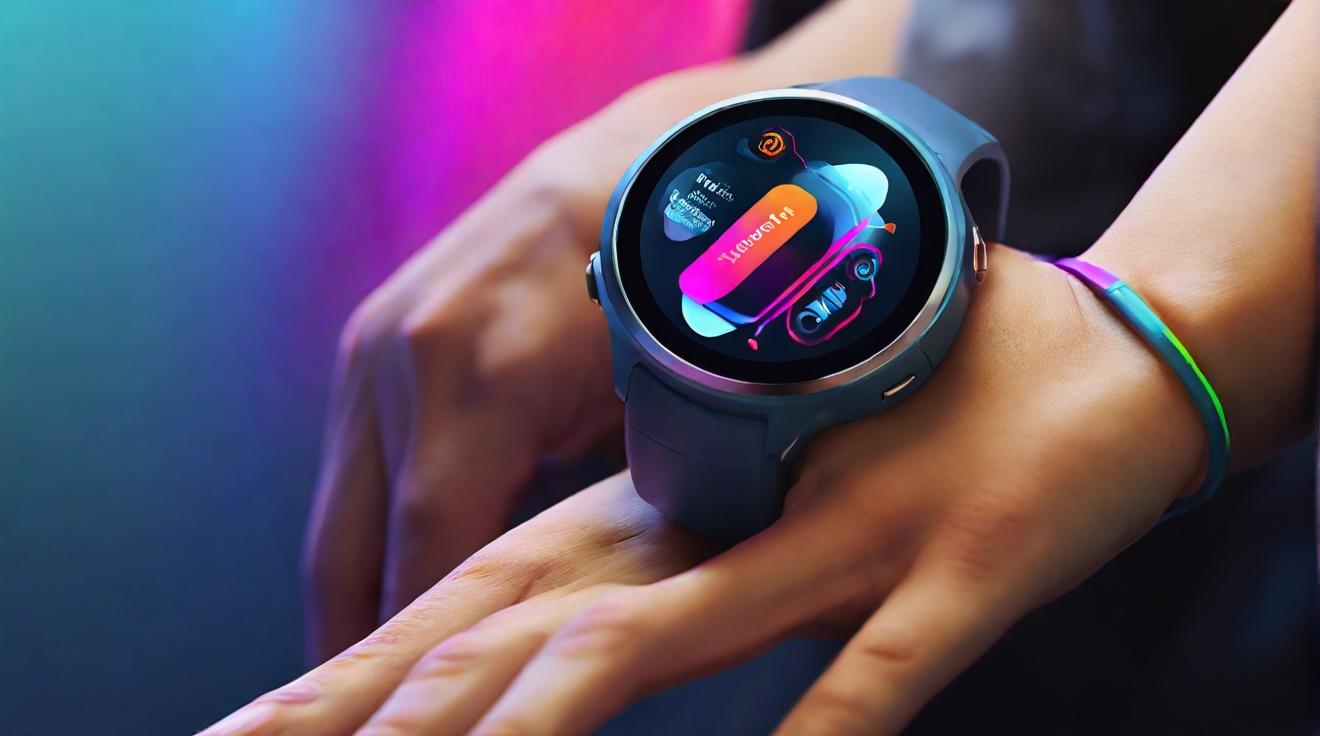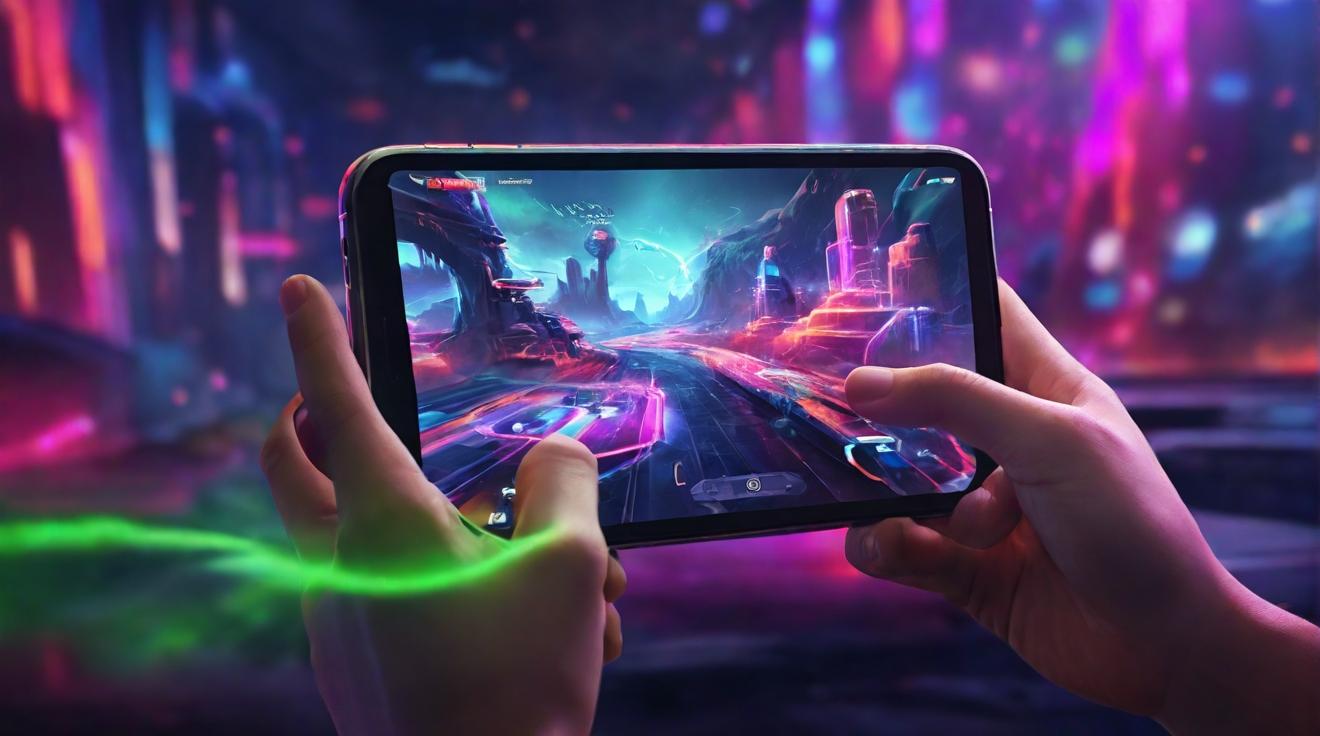Emerging Wearables: Revolutionizing Communication through AI
In a world dominated by the constant buzz of smartphones, a new wave of technology spearheaded by innovative companies is set to redefine our interaction with digital devices. The integration of generative artificial intelligence (AI) into consumer wearables promises a future where accessing digital services becomes seamlessly integrated into our daily attire, mirroring science fiction turned reality.
The forefront of this revolution introduces devices like the Ai Pin, a marvel in the wearable tech industry that lets users send texts, make calls, take pictures, and even play music without the need to interact with a traditional smartphone. Its groundbreaking design projects a simple interface onto the user’s palm, enabling interaction through voice commands and a built-in AI chatbot.
Similarly, tech giants such as Meta, along with Chinese firms TCL and Oppo, are stepping into the arena with their versions of AI-powered smart glasses. These glasses aim to provide a hands-free digital experience by responding to voice commands, bringing us one step closer to an ubiquitous digital presence.
In an intriguing turn, products like the Pendant and Tab AI are designed to transcribe and summarize conversations, heightening efficiency by leveraging generative AI capabilities outside the realm of software and apps. This approach not only streamlines information consumption but offers a solution to the addictive nature of smartphones by focusing on essential functionalities devoid of common distractions.
Despite the innovative leap, wearable technology faces its own set of challenges, reminiscent of the struggles experienced by Google Glass and the Samsung Galaxy Gear smartwatch. Beyond concerns of fashion and functionality, the accuracy of AI-generated information—or the lack thereof—poses a significant trust issue among prospective users. This phenomenon, known as "hallucinations," underscores the reliability hurdles that must be overcome to gain widespread acceptance.
Yet, the horizon holds promise as devices like the R1 aim to redefine our interaction with existing digital platforms, offering all-in-one interfaces that simplify smartphone usage without intending to replace them. This complementary approach could signify a pivotal shift in how we perceive and interact with our digital companions.
As the industry evolves, the competition to develop the most intuitive and AI-capable wearables will undoubtedly heat up. The ultimate challenge lies in crafting devices that not only supplement our digital lives but do so in a manner that is both meaningful and seamlessly integrates into the fabric of our daily routines.
Analyst comment
Positive news: Emerging wearables revolutionizing communication through AI offer a seamless integration of digital services into our daily attire. The introduction of devices like Ai Pin and AI-powered smart glasses by Meta, TCL, and Oppo enhances hands-free digital experiences. Pendant and Tab AI transcribe and summarize conversations, improving efficiency. However, challenges in accuracy and trust remain, reminiscent of past wearable struggles. The industry is evolving, with competition heating up to develop intuitive and AI-capable wearables that seamlessly integrate into our daily routines.













